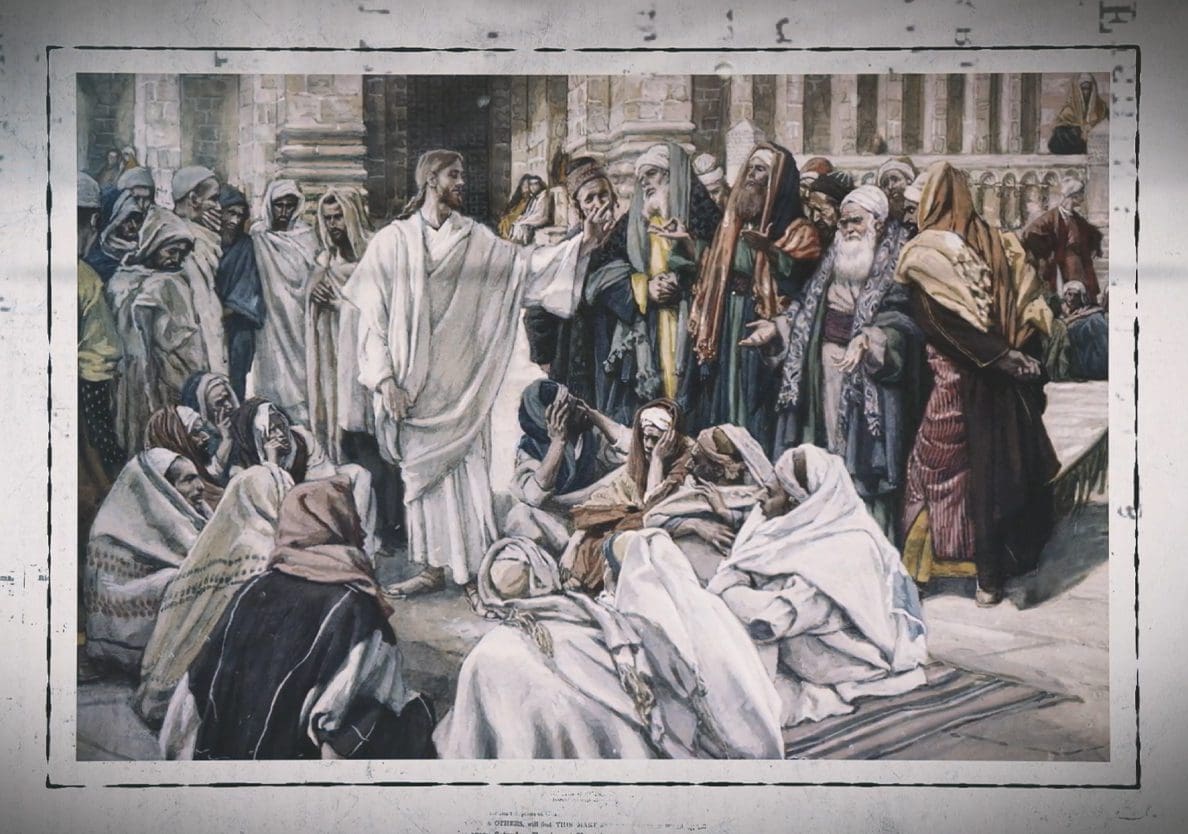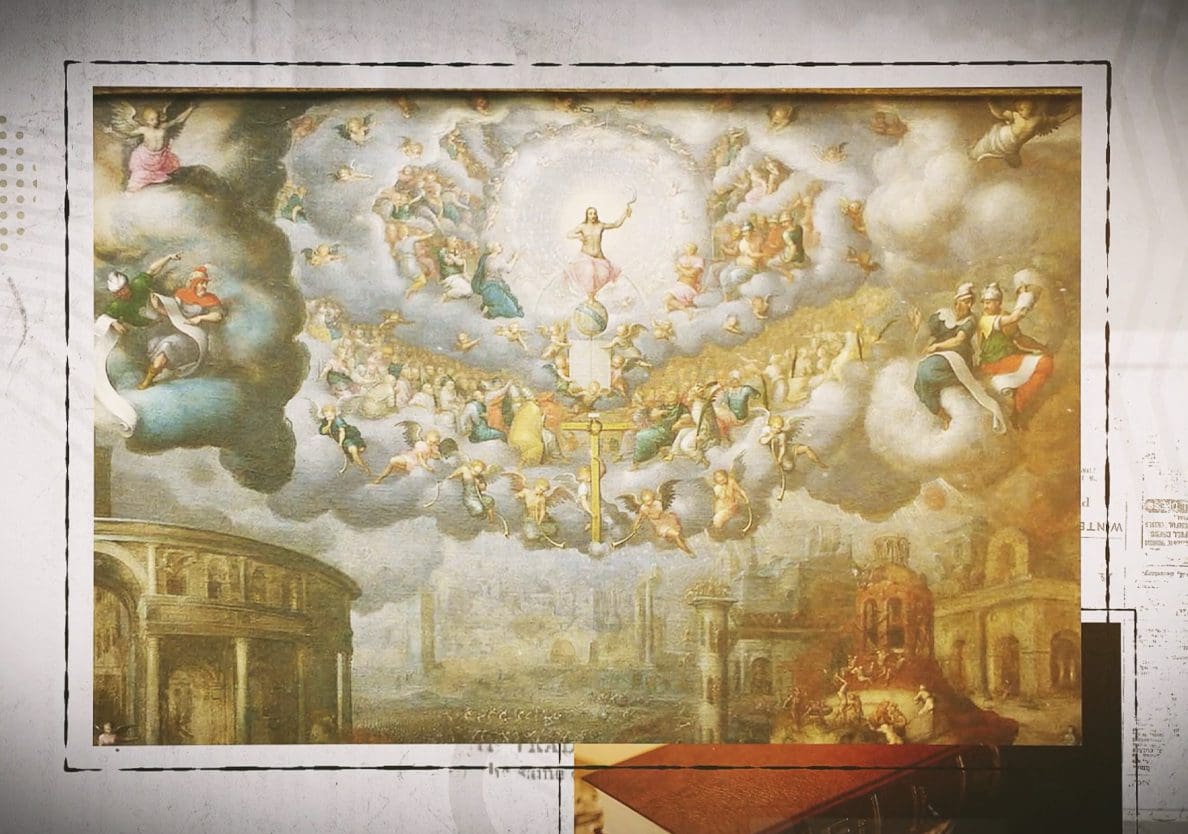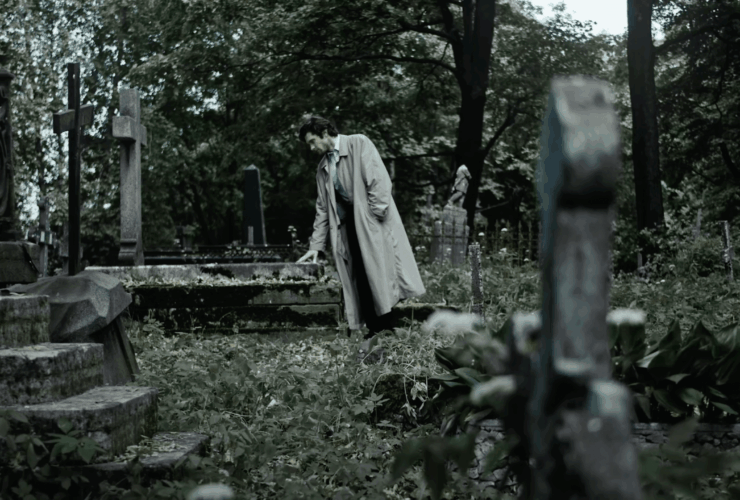At the turn of history when Jesus Christ walked this earth there were four different Jewish sects: The Pharisees, the Sadducees, the Essenes, and the Zealots. Of these, the Pharisees and Sadducees were the ones who regularly opposed the teachings of Jesus. As a matter of fact, just after the Lord cleansed the temple for a second time, the Sadducees challenged Him on the Biblical doctrine of resurrection. Unlike the Pharisees who believed in the authority of the whole Tanach (the Old Testament), the Sadducees only accepted the Torah (the first five books of Moses) as Scripture. And since there were no apparent examples of life after death in the Pentateuch, they rejected the idea of bodily resurrection (Matthew 22:23).
“I am the God of Abraham, the God of Isaac, and the God of Jacob’? God is not the God of the dead, but of the living.”
Matthew 22:32
This is why they decided to publicly challenge Jesus to a theological debate on this issue. And they begin by pointing to Moses’ command in Deuteronomy 25:5 regarding Levirate marriage, which says: “that if a man dies, having no children, his brother shall marry his wife and raise up offspring for his brother” (Matthew 22:24). The Sadducees, then, proceed to tell Jesus about seven brothers. “The first died after he had married,” they explained, “and having no offspring, left his wife to his brother. Likewise the second also, and the third, even to the seventh. Last of all the woman died also. Therefore, in the resurrection, whose wife of the seven will she be? For they all had her” (Matthew 22:25-28). To be sure, the Sadducees had concocted this story only as a means to mock the idea of life after the grave.


But Jesus wasn’t the least bit befuddled: “You are mistaken, not knowing the Scriptures nor the power of God. For in the resurrection they neither marry nor are given in marriage, but are like angels of God in heaven” (Matthew 22:29-30). The Lord here, in the same breath, was correcting not just one but two of their errors. First, regarding the resurrection of the dead but second regarding the existence of angels. According to Acts 23:8, Sadducees did not believe in angels or spirits and so by comparing the resurrection bodies of humans with angels Jesus was effectively plucking two weeds with one pull. But then He returns to the main concern of the debate: “But concerning the resurrection of the dead,” He continues, “have you not read what was spoken to you by God [through Moses], saying, ‘I am the God of Abraham, the God of Isaac, and the God of Jacob’? God is not the God of the dead, but of the living” (Matthew 22:31-32). As Jesus full well knew, the Sadducees would not accept His words or any words outside of the five books of Moses as authoritative, which is precisely why He ends off by quoting Exodus 3:6, which indisputably confirms that there is, indeed, a resurrection for God’s own.
And, if there was any question of whom the victor of this debate was, the reaction of the people says it all. The Sadducees were silenced, and the crowd astonished (Matthew 22:33-34).

Ryan Hembree is a daily co-host, speaker, and writer of Bible Discovery. He also hosts a YouTube channel that shows the unity of the Bible and how science and Scripture fit together. Ryan also has an honorary Masters of Ministry in Creation Science from Phoenix University of Theology.






